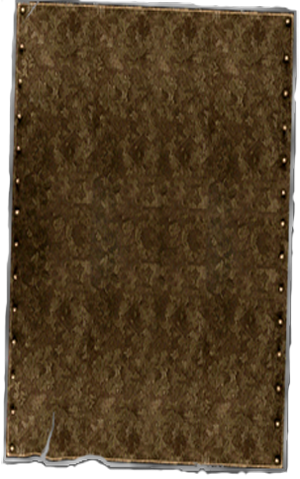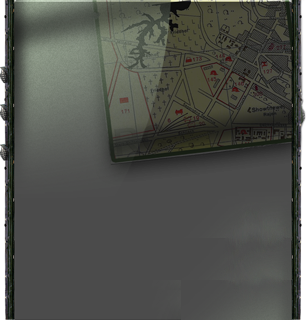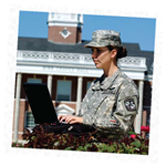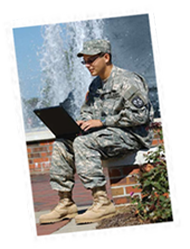







Kenneth Bruffee (1999) shared thoughts from Michael Oakeshott, a philosopher whose theories form the basis upon which Bruffee defined knowledge:
Michael Oakeshott places this notion of knowledge as a community-owned social construct in an even broader context: our ability to participate in unending conversation distinguishes human beings from other animals. 'As civilized human beings,' Oakeshott says, 'We are the inheritors, neither of an inquiry about ourselves and the world, nor of an accumulating body of information, but of a conversation, begun in the primeval forests and extended and made more articulate in the course of centuries. It is a conversation which goes on both in public and within each of ourselves. And it is this conversation which, in the end, gives place and character to every human activity and utterance.' (p. 134)
Therefore, students, teachers, and writers in general enter into this conversation daily as they share knowledge with each other and engage communally. If this is truly the way knowledge is shared and society exists, then helping soldiers and cadets become involved in our country's conversation concerning the Global War on Terror seems evermore vital to understanding their role in it.
But not everyone agrees with the pedagogical benefits of collaborative learning, particularly as it involves those outside the traditional classroom. Many see the four-walled room with table-chairs as the epitome of academic learning, the top tier of our hierarchical education system. How can soldiers learn without a teacher present? How can they learn from other soldiers? How can soldiers learn about writing from cadets? Or how can cadets be considered "expert" enough to provide feedback to soldiers' stories? These questions challenge not only the methods of instruction we are presenting, but the very notion of collaboration itself.